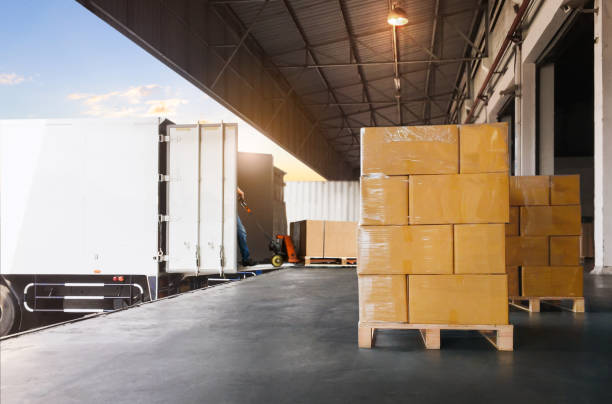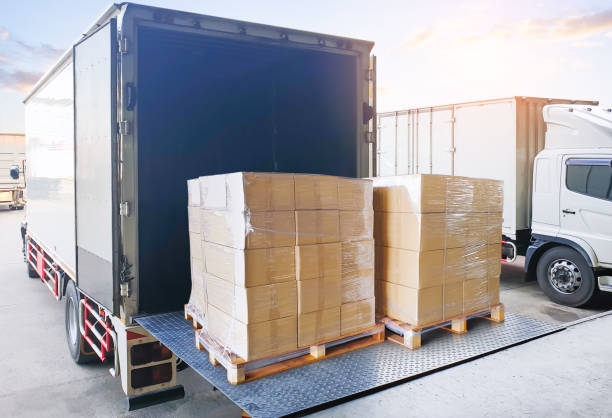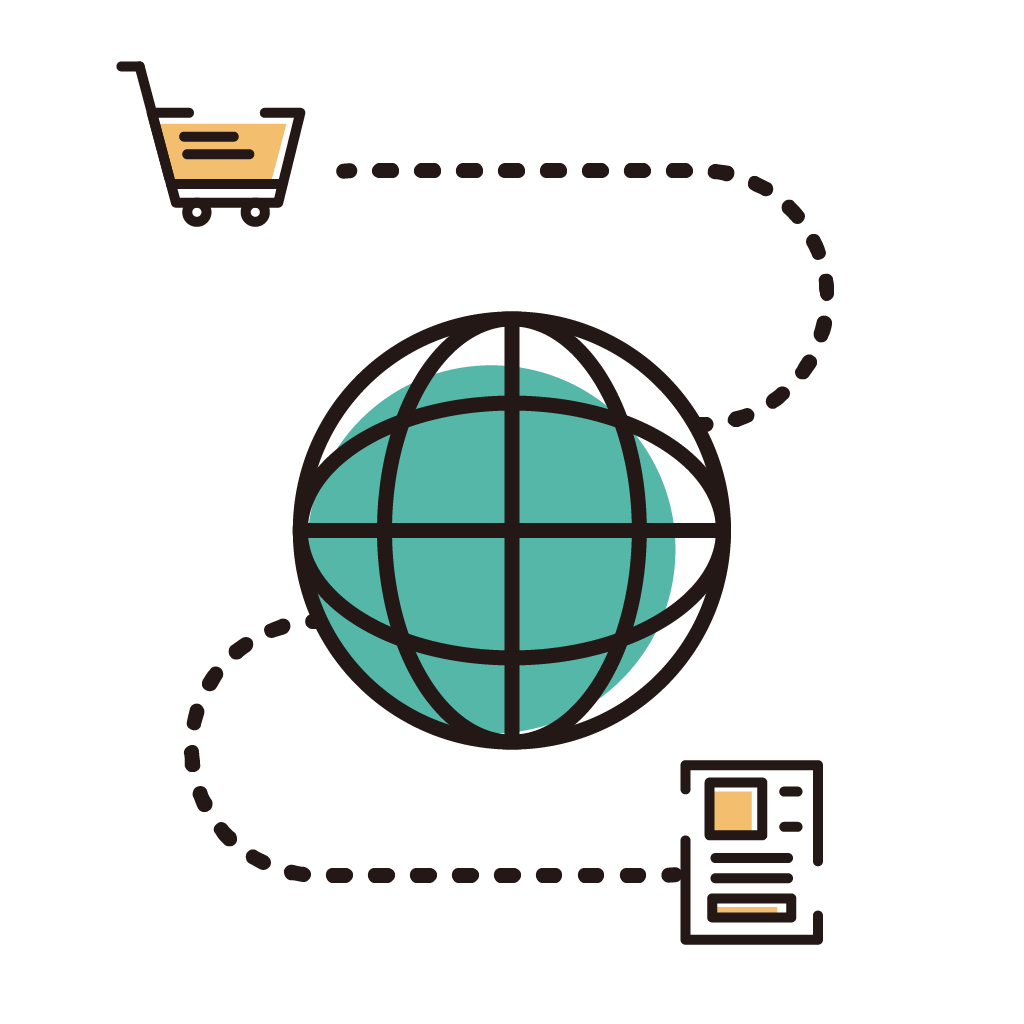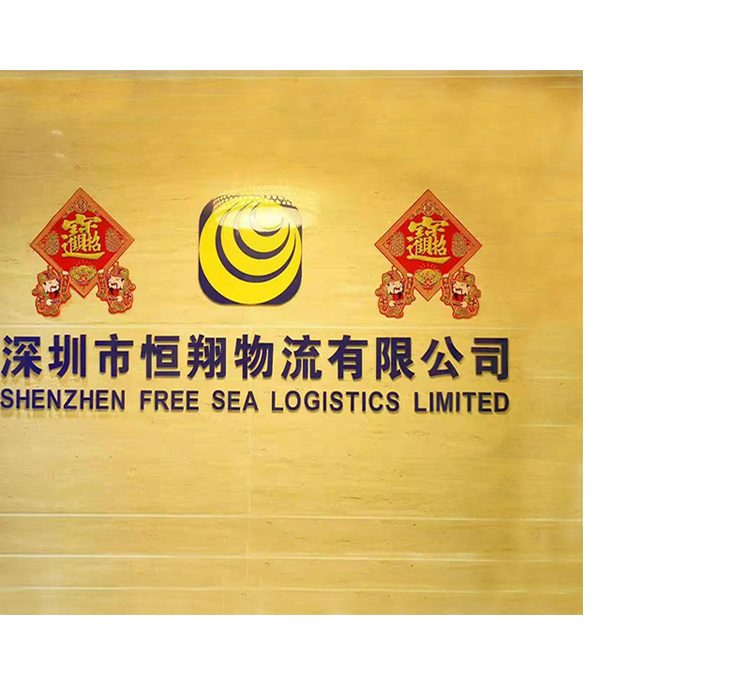Cross-border e-commerce continues to expand at a remarkable pace. As global buyers demand faster and more predictable delivery, merchants face mounting logistics challenges. They must manage international freight, complex customs procedures, unpredictable transit times, and rising costs. These pressures create operational uncertainty and limit growth. Because of these constraints, many e-commerce sellers look for logistics models that offer flexibility, reliability, and cost control. Consequently, LCL trucking emerges as a practical solution that addresses several pain points across the supply chain.
This shift reflects a broader trend. Merchants want logistics systems that support rapid inventory turnover and efficient order fulfillment. They cannot rely solely on full-container loads, because market volatility makes forecasting difficult. As a result, more companies view LCL trucking as a strategic tool that stabilizes their cross-border operations.
Why LCL Trucking Fits Modern E-Commerce Logistics
LCL trucking, or “less-than-container-load” trucking, allows shippers to move smaller volumes without waiting to fill entire containers. This flexibility holds strong value for e-commerce sellers because their demand varies week by week. Moreover, LCL trucking reduces the burden of storing large inventory volumes in overseas warehouses. Instead, businesses can send smaller shipments more frequently and maintain stable inventory levels.
Additionally, LCL trucking helps reduce operational risk. When sellers avoid full-container commitments, they limit exposure to abrupt market changes. Consequently, they can adapt quickly when demand shifts. This agility strengthens the resilience of their cross-border supply chains.
Pain Point 1: Inventory Pressure and Storage Costs
Many e-commerce sellers struggle with inventory management. They often face pressure to keep products in stock while controlling storage costs. Large shipments intensify this issue because warehousing fees increase with volume. Furthermore, slow-moving stock creates additional financial strain. Therefore, sellers require a method that balances demand with inventory flow.
LCL trucking supports this balance. It enables merchants to ship smaller batches that align with real-time sales patterns. As a result, inventory arrives at a pace that reflects actual demand. This advantage reduces the risk of overstocking and prevents unnecessary warehouse expenses. It also helps sellers manage seasonal fluctuations more efficiently.
Pain Point 2: Cash Flow Constraints on Growing Brands
Emerging brands frequently experience cash flow limitations. They want to expand their product assortment, but they cannot commit to large inventory purchases. Full-container shipments require significant upfront investment, which can strain financial resources. Moreover, new products often require market testing before full-scale launch.
LCL trucking eases this pressure by lowering minimum shipment volumes. Sellers can test new items in small quantities and scale gradually. Consequently, they protect cash flow and reduce financial risk. Because brands can import inventory in smaller consignments, they maintain operational flexibility while supporting business growth.
Pain Point 3: Volatile Shipping Rates and Budget Planning
International freight rates often fluctuate because of fuel prices, global demand cycles, and port congestion. These shifts complicate budgeting for e-commerce sellers. Many brands struggle to estimate logistics costs accurately. This uncertainty affects pricing decisions and profit margins.
LCL trucking helps stabilize budget planning. Sellers pay only for the space they use, which creates predictable cost structures. Because they avoid full-container commitments, they minimize exposure to sudden rate spikes. As a result, brands gain more control over operational spending. This predictability strengthens financial planning and supports long-term growth strategies.
Pain Point 4: Delays from Container Consolidation and Port Congestion
Cross-border supply chains often encounter delays. These delays may come from congested ports, customs bottlenecks, or container shortages. Full-container loads can also experience long hold times during consolidation. Consequently, sellers face disruptions that impact customer satisfaction.
LCL trucking reduces these delays. Trucks move goods across borders more directly and avoid some bottlenecks common in sea freight. Because shipments are smaller, consolidation processes run faster. In addition, LCL trucking often uses inland ports or smaller facilities that encounter less congestion. As a result, transit times become more stable. This reliability helps sellers maintain consistent delivery performance.
Pain Point 5: Limited Forecast Accuracy in Dynamic E-Commerce Markets
E-commerce markets change quickly. Sellers must respond to trends, promotions, and competitor actions with agility. Accurate forecasts are essential, yet they remain difficult to achieve. Overestimating demand leads to excess stock, while underestimating causes stockouts and lost sales.
LCL trucking supports flexible forecasting. Sellers can adjust shipment sizes based on current data rather than long-term predictions. Because they send goods more frequently, they rely less on uncertain forecasts. Consequently, inventory remains aligned with real-time trends. This alignment improves customer satisfaction and reduces operational stress.
Pain Point 6: Complex Customs Procedures and Compliance
Cross-border logistics requires strict compliance with customs regulations. Small brands often lack experience in managing documentation, taxes, and import restrictions. Errors can cause detentions, fines, and major delays.
LCL trucking simplifies compliance for many sellers. Service providers typically include customs handling as part of the logistics package. They manage declarations, inspections, and tax calculations. As a result, sellers spend less time navigating regulations. Moreover, experienced providers minimize the risk of documentation mistakes. This support helps brands maintain stable supply chains and avoid costly disruptions.
Pain Point 7: Overreliance on Multiple Logistics Channels
Many e-commerce sellers work with numerous carriers and forwarders. This fragmentation complicates planning and increases the chance of miscommunication. When shipments move through uncoordinated channels, delays and errors become more likely. Sellers need consistent, unified logistics solutions.
LCL trucking often offers integrated services through one coordinated provider. This structure creates a streamlined supply chain. Because packaging, transport, customs, and last-mile delivery can be managed under one system, communication becomes clearer. As a result, operational efficiency increases across the entire shipping cycle.
The Strategic Value of LCL Trucking for Different Business Models
For small sellers
LCL trucking reduces entry barriers. Sellers can move goods with minimal volume requirements, which supports new product testing and gradual scaling.
For mid-sized brands
It enables stable inventory management and cost control. Brands maintain balanced stock levels and avoid financial pressure from large purchases.
For high-growth enterprises
It supports global expansion with flexible logistics planning. These companies can react quickly to market changes because they avoid rigid container commitments.
Consequently, LCL trucking creates strategic value across multiple stages of business growth.
How LCL Trucking Strengthens Customer Experience
Customer expectations continue to rise. Buyers want fast, predictable, and transparent delivery. E-commerce brands must support these expectations to remain competitive. LCL trucking assists with this challenge. Because it improves schedule stability and reduces stockouts, customers receive orders more reliably. Moreover, shorter restocking cycles allow sellers to update inventory faster, which helps maintain product availability during peak seasons.
Reliable logistics improves trust and encourages repeat purchases. Therefore, LCL trucking plays a direct role in customer satisfaction.
The Role of Technology in Modern LCL Trucking
Digital tools enhance the performance of LCL trucking. Many providers now use tracking platforms that monitor shipment progress in real time. These tools offer visibility across borders, warehouses, and last-mile networks. Because sellers access live updates, they can manage inventory more effectively.
Moreover, technology supports better forecasting. Data from shipping trends, transit times, and seasonal shifts helps merchants plan shipments precisely. As a result, technology and LCL trucking form a strong partnership that reduces uncertainty and improves logistics performance.
Sustainability Advantages of LCL Trucking
Sustainability has become a global priority. Governments and consumers want eco-friendly logistics practices. LCL trucking supports this movement. It allows more efficient vehicle use by consolidating multiple small shipments. Consequently, transport emissions decrease. In addition, brands avoid excess inventory waste because they import smaller quantities. This alignment strengthens brand reputation among eco-conscious customers.
Conclusion: Why LCL Trucking Will Shape Future Cross-Border Logistics
Cross-border e-commerce faces continuous pressure. Sellers must manage volatile demand, strict regulations, and rising expectations. Traditional logistics models do not always match this pace. Therefore, flexible and reliable systems are essential.
LCL trucking offers merchants a practical way to solve major logistics pain points. It improves inventory control, protects cash flow, stabilizes costs, and reduces delays. Moreover, it enhances customs compliance and simplifies supply chain management. Because of these advantages, LCL trucking aligns naturally with the needs of modern e-commerce operations.
As global trade continues to evolve, LCL trucking will play a larger role in shaping efficient and resilient cross-border logistics networks. Sellers who adopt this model gain flexibility, stability, and strategic advantage. Consequently, LCL trucking stands as a strong solution for the future of global e-commerce.























